Microaggressions and Sexual Violence, a guest post by Marieke Nijkamp
by Marieke Nijkamp (@mariekeyn)
Several years ago, as a LGBTQIA+ youth group leader, I was part of a national research campaign that tracked how straight teens and young adults responded to questions of gay rights and acceptance. The way the campaign was set up, it was meant to be a mirror for the participants. One of the primary questions: what would you do if a friend told you they weren’t hetero?[1]
As it turned out, over the course of the night, answers to that question ranged across three possibilities:
- I would support them / they would still be my friend.
- I would terminate the friendship.
- I would be okay with it, provided…
And therein lies the rub. “I would be okay with it, provided they aren’t too obvious about it.” “I would be okay with it, provided they don’t start acting too gay.” “I would be okay with it, provided they don’t hit on me.” That comment was made frequently in the case of same sex friendships, but especially among guys. When talking to guys with girl friends, the popular option seemed to be: “I would be okay with it, provided I can watch.”
ADVERTISEMENT
ADVERTISEMENT
It’s an all too common example of how, for many queer people, the microaggressions we deal with are often unintentionally or intentionally sexual. Even something as deceptively simple as introducing ourselves or discussing our identity can turn into an unwanted sexual discussion. “You’re queer? That’s so hot.” “So how do you, you know, do it?” “You’re asexual? You just haven’t met the right person yet.”
(If fact, there seems to be a common belief that just the mere fact that someone is part of a marginalized group means they’re fair game to asking the most invasive personal questions.)
(Hint: no.)
That doesn’t place microaggressions side to side with sexual violence, but they are closely related. They are a both symptoms of a culture that both sexualizes teens’ experiences and others or even fetishizes experiences that deviate from a supposed norm. A culture where the mere presence of queer characters means a YA book isn’t “clean” and where queer characters making out is still too often perceived as “having an agenda” while a cishet couple is simply romantic.
And that starts with microaggressions. (Of course that is a chicken and egg comment, because that cishetnormativity also results in microaggressions.) The idea that someone’s sexual integrity—let alone their very identity—exists only for the benefit or the perusal or the curiosity or the scorn of the majority starts with carefully building them up as lesser than. It marginalizes, ostracizes, and it puts queer people at a (in some cases, far) higher risk of sexual assault.
As Professor Kevin Nadal of CUNY states, “All of these microaggressions have a significant impact on people’s lives. While some of these experiences may seem brief and harmless, many studies have found that the more that people experience microaggressions, the more likely they are to report symptoms of depression, psychological distress, and even physical health issues.”
And, although increasingly inclusive, in YA literature too we can see those same microaggressions at work on various levels. In a hundred small ways that may mean nothing to a hetero reader, but will mean everything to a queer one. In a hundred small ways to remind that queer reader that they are other and other than the book’s target audience too.
It’s there with every “no homo” or every “that’s so gay.”
It’s there every time a queer couple are denied the same on-page romance a hetero couple of has, because their romantic experiences are not seen as the same.
It’s there with every erasure of identity.
It’s there and we should challenge it. Because inclusiveness is not merely a matter of representation, but of the words we choose. If we want to be able to discuss sexual violence, we have to create a safe, sex-positive environment. If we want to be able to discuss sexual violence, we have to level the playing field.
It starts with carefully building up queerness as no longer different but as equal to.
It starts with reclaiming, subverting, or exploring problematic language.
I stand and he full on hugs me, none of this one-arm hug with a pat-on-the-back nonsense.
Reasons Why I’m Feeling Warm Right Now:
- I downed my drink pretty quickly on a fairly empty stomach.
- Everyone on the roof is staring at us.
- My unspeakable truth.
“No homo.”
“No homo,” I say back. (Adam Silvera, More Happy Than Not, p.120)
It starts with going all the way (responsibly, consensually).
And then she wraps her other arm around my neck and kisses me so deeply that everything else on my shoulders—on earth—falls away. And then I’m walking backward toward my bedroom, pulling her as our lip meet over and over, taking care to make sure I’m using only enough force to guide and none to pressure.
We slip onto my bed easily, like it’d been waiting for us, like this had always been the plan. (Dahlia Adler, Under the Lights, p. 236)
It starts with speaking the words.
“Bisexual, Rachel, I’m bisexual, it’s a fucking word.” (Hannah Moskowitz, Not Otherwise Specified, p. 68)
It starts with dismantling microaggressions and understanding that identities are not to be feared nor fetishized, that acceptance is not provisional. Both in life and the stories we tell.
(Next step: dismantling the cishetnormative system completely.)
Meet Marieke Nijkamp
 Marieke Nijkamp is a storyteller, dreamer, globe-trotter, geek. She holds degrees in philosophy, history, and medieval studies, and wants to grow up to be a time traveler.
Marieke Nijkamp is a storyteller, dreamer, globe-trotter, geek. She holds degrees in philosophy, history, and medieval studies, and wants to grow up to be a time traveler.
In the midnight hours of the day she writes young adult stories as well as the occasional middle grade adventure. Her debut young adult novel THIS IS WHERE IT ENDS will be out from Sourcebooks Fire on January 5, 2016.
[1] The campaign focused primarily on sexual and romantic orientation and, unfortunately, less so on questions of gender identity. Given that focus and my own limited range of experience, I will be focusing most strongly on microaggressions and sexual violence related to romantic and sexual orientation in this post.
Filed under: #SVYALit, #SVYALit Project
About Amanda MacGregor
Amanda MacGregor works in an elementary library, loves dogs, and can be found on Twitter @CiteSomething.
ADVERTISEMENT
ADVERTISEMENT
SLJ Blog Network
Coming Soon: The Top 10 Posts of 2024
31 Days, 31 Lists: 2024 Fantasy Books for Kids
Exclusive: Papercutz to Publish Mike Kunkel’s Herobear | News and Preview
The Seven Bills That Will Safeguard the Future of School Librarianship
ADVERTISEMENT


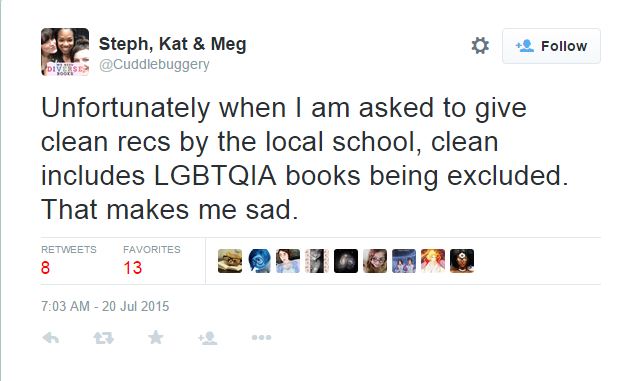


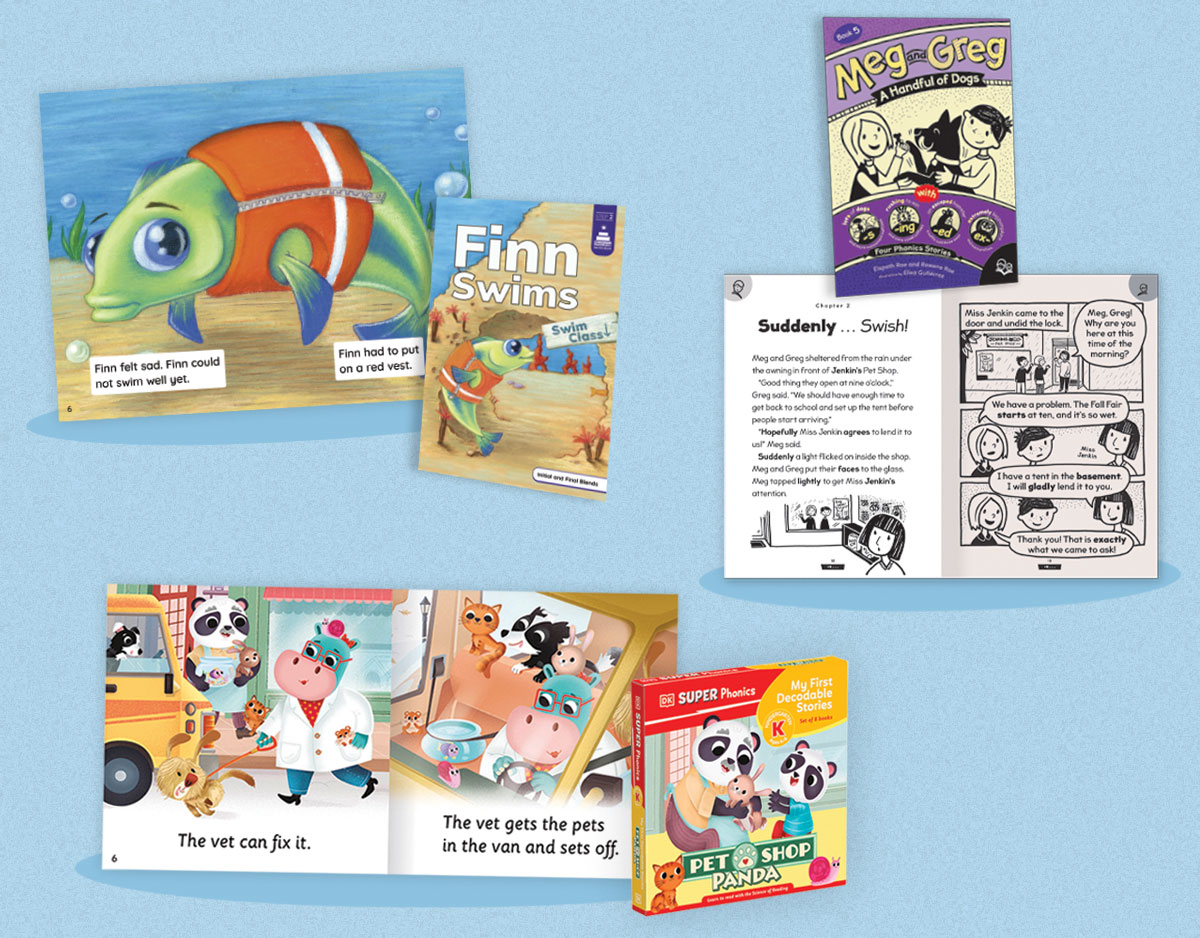
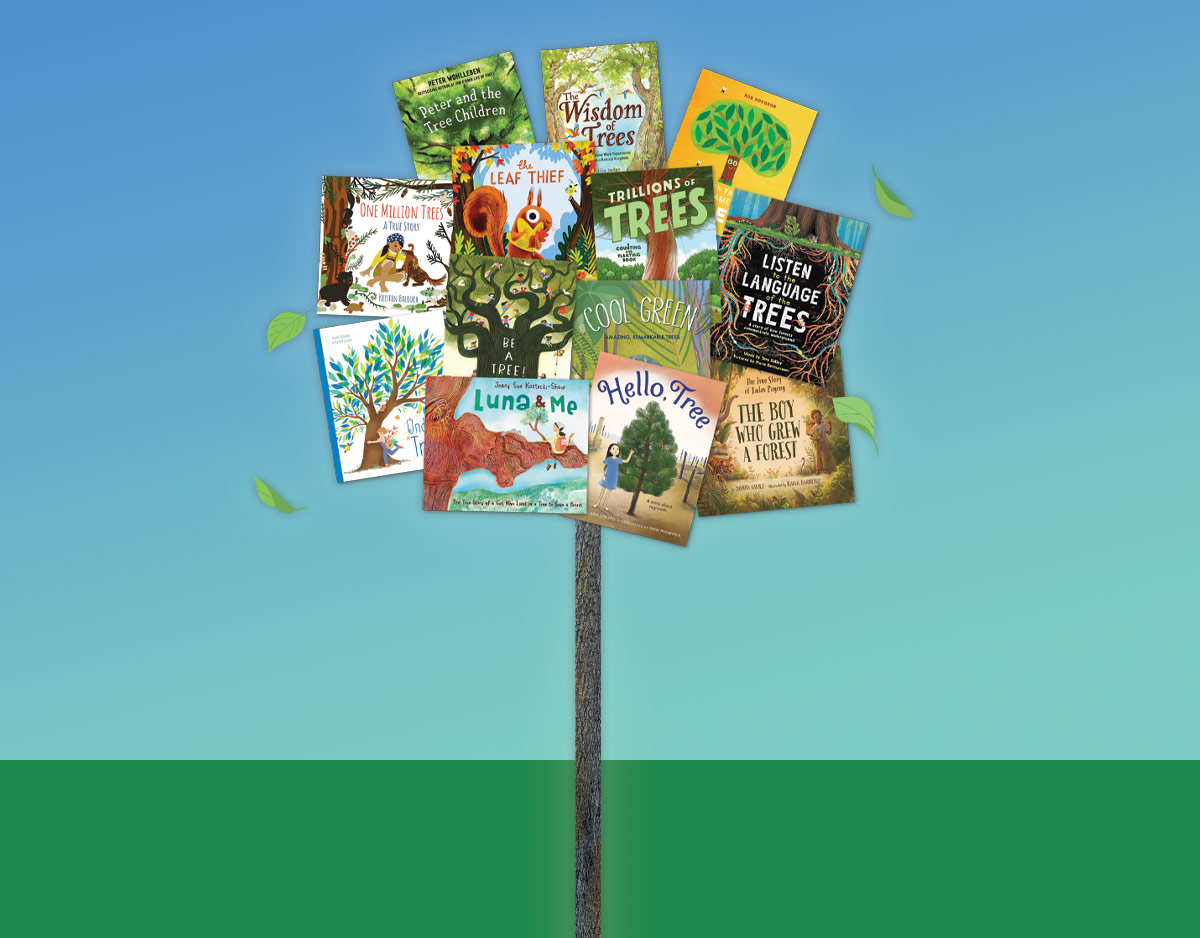
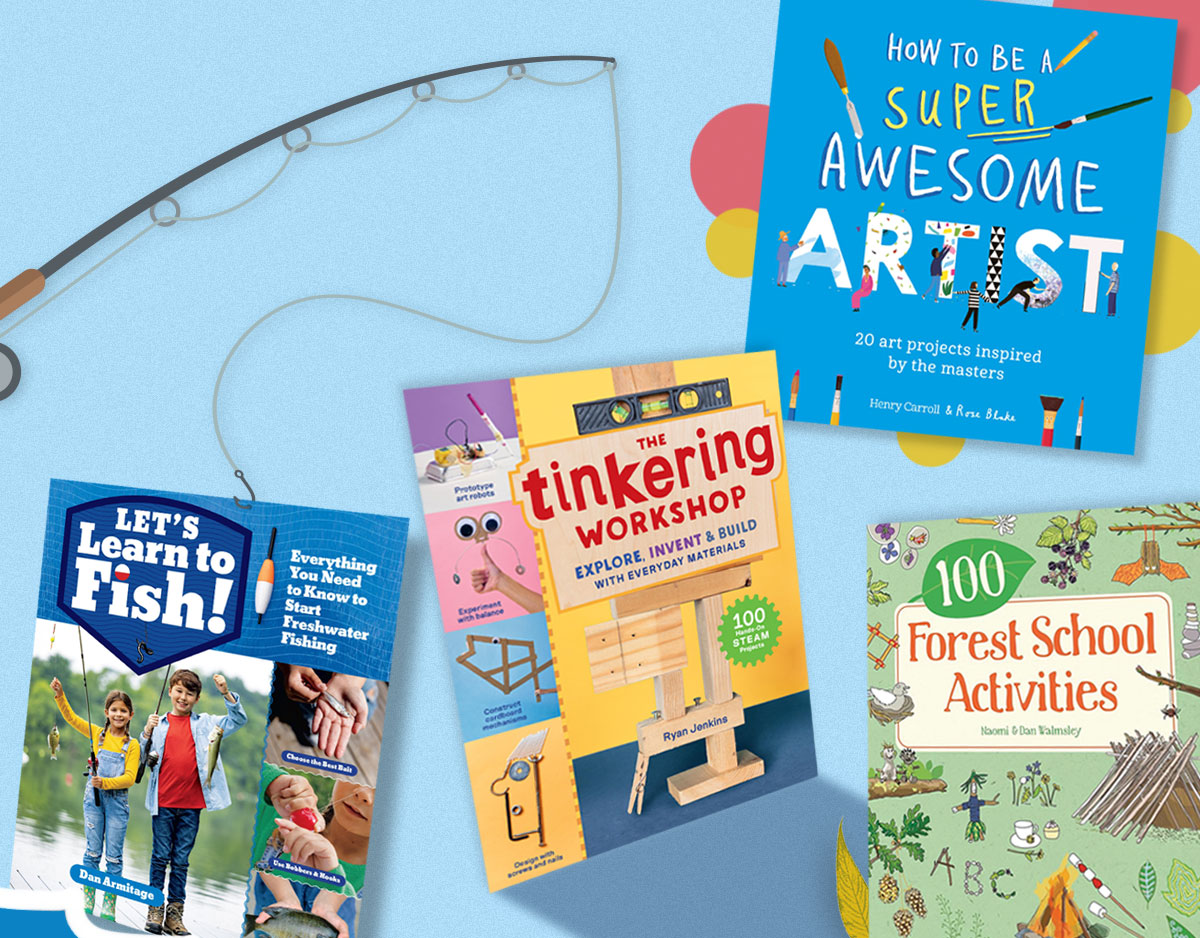
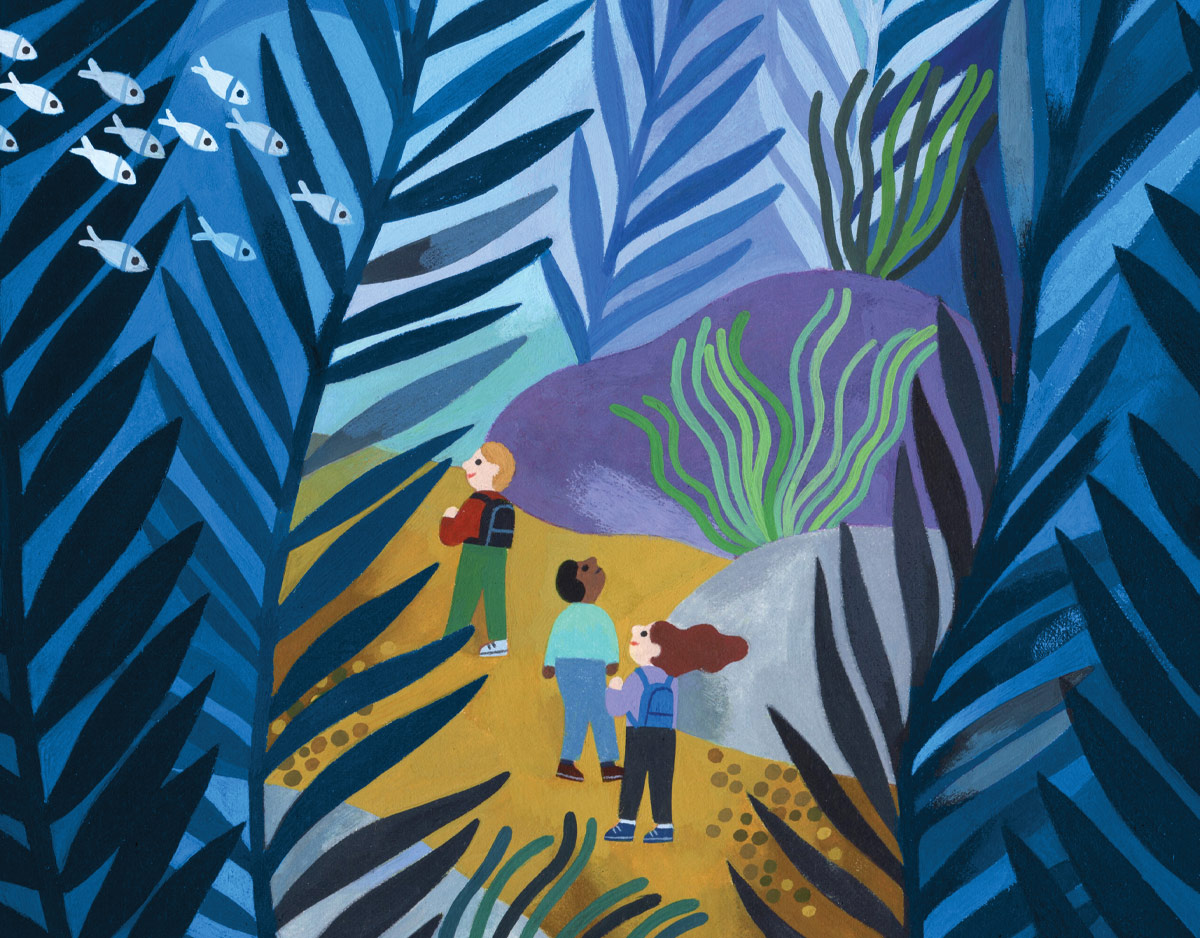
I wish I had a real comment to add but really I’m just sitting here nodding and being like, “it’s so gross and I agree and I wish that my constant calling people out when they did that was enough and I don’t know what else to do.”